When Dr. Stephen Smith of Seattle Children's Research Institute came down with muscle aches, gastrointestinal distress and a sudden loss of smell in late February, he suspected he had COVID-19. The testing criteria had yet to be expanded to include individuals with Smith's symptoms and so he did what many scientists with his expertise would do: he developed a way to test himself.
The fruits of his curiosity, now published in The Journal of Infectious Diseases, offer a reliable way to quantify whether an individual has neutralizing antibodies that could prevent the novel coronavirus from infecting cells using a method that is more broadly applicable than those currently available.
"If you think you've had COVID-19 and go to the doctor, they can test your blood and tell you whether or not you have antibodies to COVID-19, but that doesn't tell you whether your antibodies are any good at functionally blocking the virus from binding to cells," Smith said. "There are tests on the market now that can tell you that, but they are expensive and take a long time to get results. We wanted to develop a way to give you additional information about your immune status without all the barriers that make it difficult to use in a community setting."
The newly developed diagnostic could have a range of potential commercial applications from broad community testing to assessing vaccine responses and screening for convalescent plasmas that have particularly high levels of neutralizing antibodies as a potential treatment.
The cell-free test looks at protein interactions
The novel coronavirus enters cells when the viral spike protein binds to the ACE2 protein on the surface of human cells. Neutralizing antibodies that block this binding are thought to contribute to immunity to the virus in people who recover from COVID-19.
Smith applied a technique called immunoprecipitation detected by flow cytometry (IP-FCM) to study the interactions between the proteins and to look for evidence that antibodies were inhibiting the interaction and blocking the virus from binding to cells. Instead of relying on live cells and viruses like other available blood tests, IP-FCM uses recombinant or lab-made proteins and instruments commonly available in commercial serological labs.
"Other tests that provide insight into immunity work by taking antibodies from your blood and mixing them together with a virus and then exposing that mixture to live cells. Three days later they can determine immunity based on whether your blood prevented the viruses from infecting the cells or not," Smith said. "Our cell-free test can provide that same information overnight."
Collaborative science launches innovative study
Smith is among a small group of scientists in the U.S. who have pioneered IP-FCM to study the interactions between proteins. His lab in Seattle Children's Center for Integrative Brain Research uses IP-FCM to uncover new treatments for autism by studying the more than 100 genetic variations known to contribute to the condition. To apply his expertise to the current pandemic, Smith collaborated with Drs. Lisa Frenkel and Whitney Harrington from the research institute's Center for Global Infectious Global Disease Research who are following a community cohort of Seattle Children's employees who were never hospitalized and had recovered from mild to moderate COVID-19. The researchers hope by tracking their recovery and taking blood samples over time as part of the Seattle Children's Recovered SARS2 Cohort study they can shed light on the immune responses to the novel coronavirus.
Funding in part by Seattle Children's COVID-19 Research Fund helped Smith design and launch the study.
Using IP-FCM, Smith tested the blood samples from 24 cohort participants. The test showed that 92% of the participants had antibodies to the novel coronavirus at an average of a little over a month post-infection. Results were validated with 30 control samples.
"Not only did the participants have antibodies, but our test also showed that their antibodies were pretty effective at neutralizing the binding between the spike protein and the cell's receptor," he said. "It's consistent with other studies from cell-based tests showing that people who get COVID do make neutralizing antibodies."
Interestingly, when researchers looked at the test results against other data gathered from the cohort, they found that those who mounted a fever had higher levels of antibodies. The research team also plans to retest the samples to see how antibody levels change over time.
"It's going to be very important to look at people over a longer time period to track their antibody levels and whether or not they get re-infected," Smith said. "Until we do those studies, we really don't know how these clinical measures of antibody neutralization relate to susceptibility in the real world."
Identifying new drug candidates for COVID-19
In addition to exploring opportunities to commercialize the diagnostic, Smith and his team are now using the test to rapidly screen thousands of approved drugs that could potentially interfere with the binding between ACE2 and the spike protein.
Lab manager, Edward Gniffke, and Stanford University undergraduate and summer intern, Kaleb Tsegay, helped run the initial screen that could potentially identify drugs capable of preventing or treating COVID-19.
"We already have some compounds that look like they are inhibiting, which is pretty exciting," Smith said. "This first line screen will help us pinpoint the most promising agents for further tests."
story Source : www.seattlechildrens.org
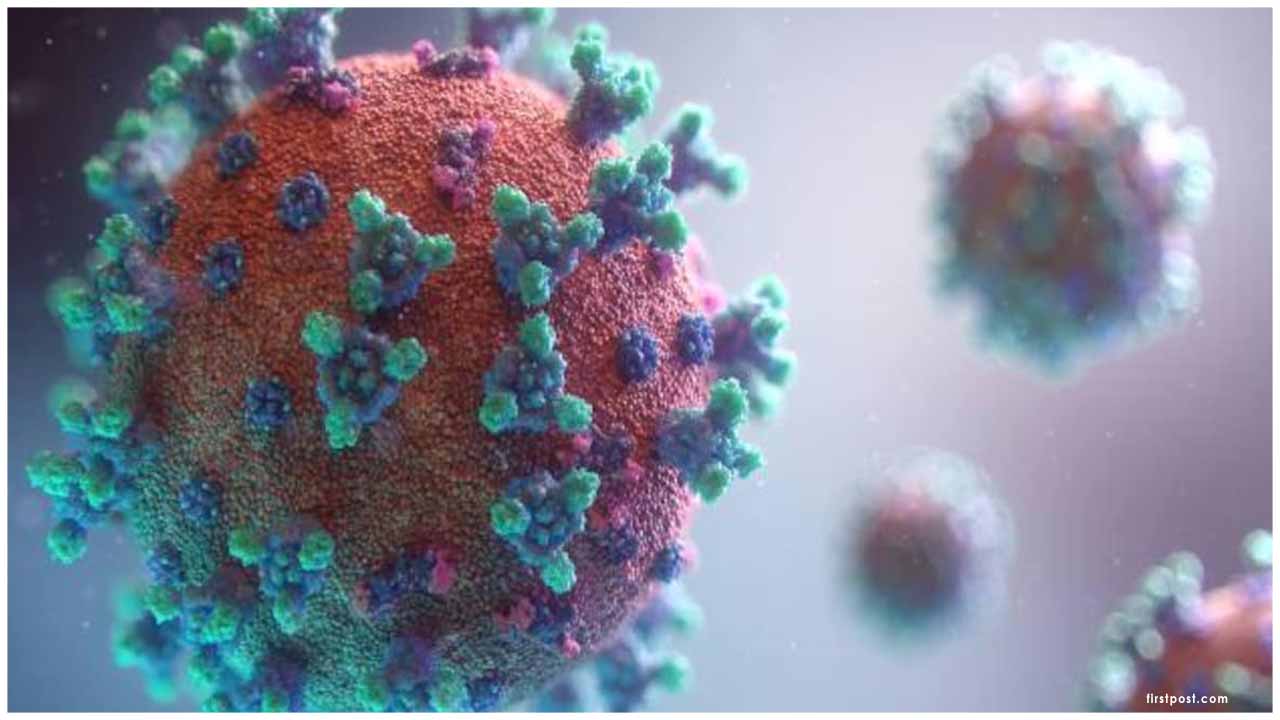
 A new test could be soon used for Covid Antibody
A new test could be soon used for Covid Antibody





.png)
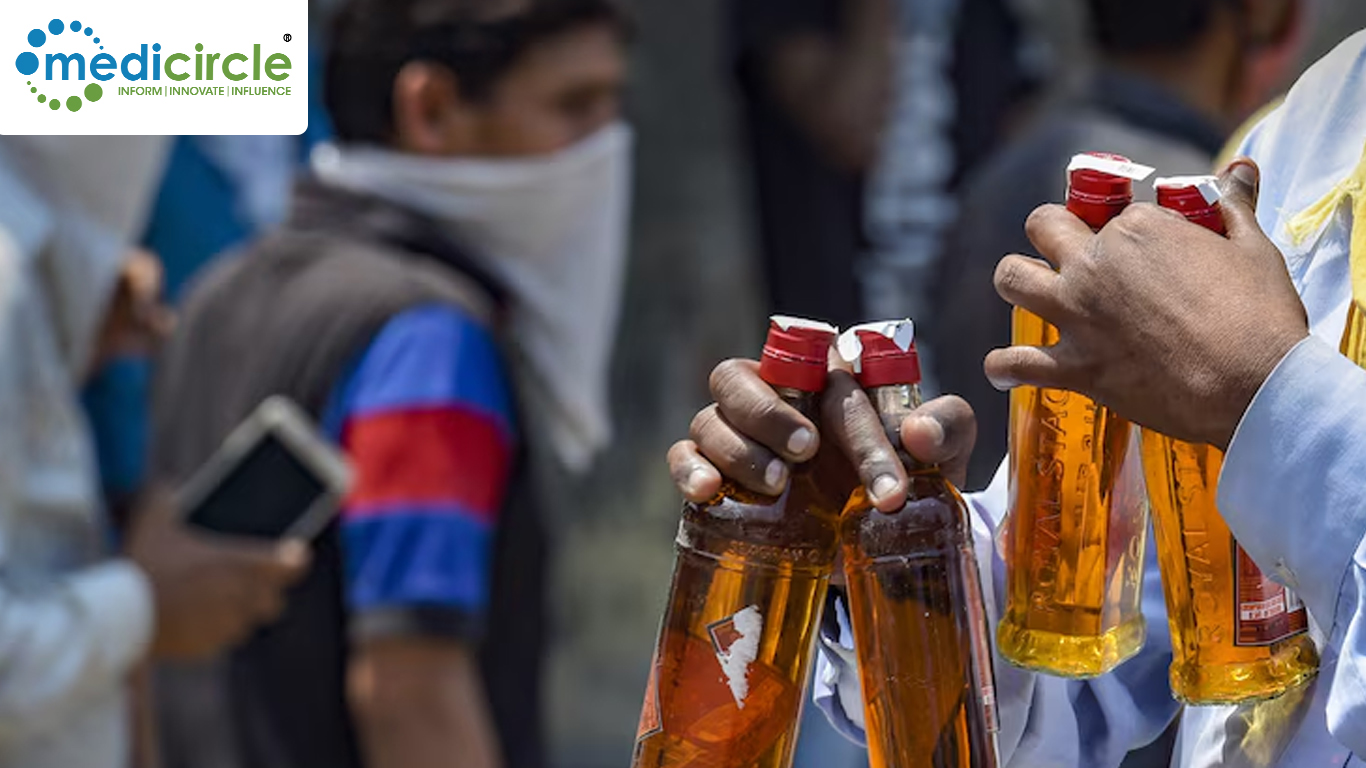


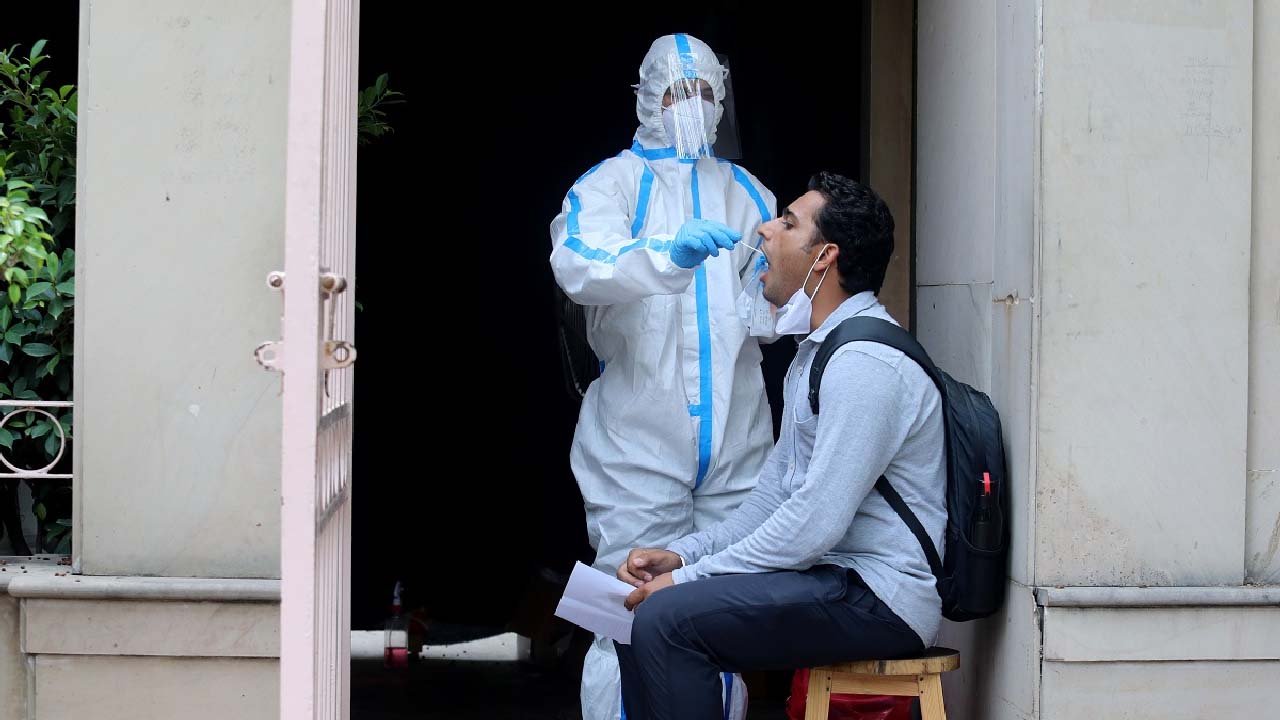

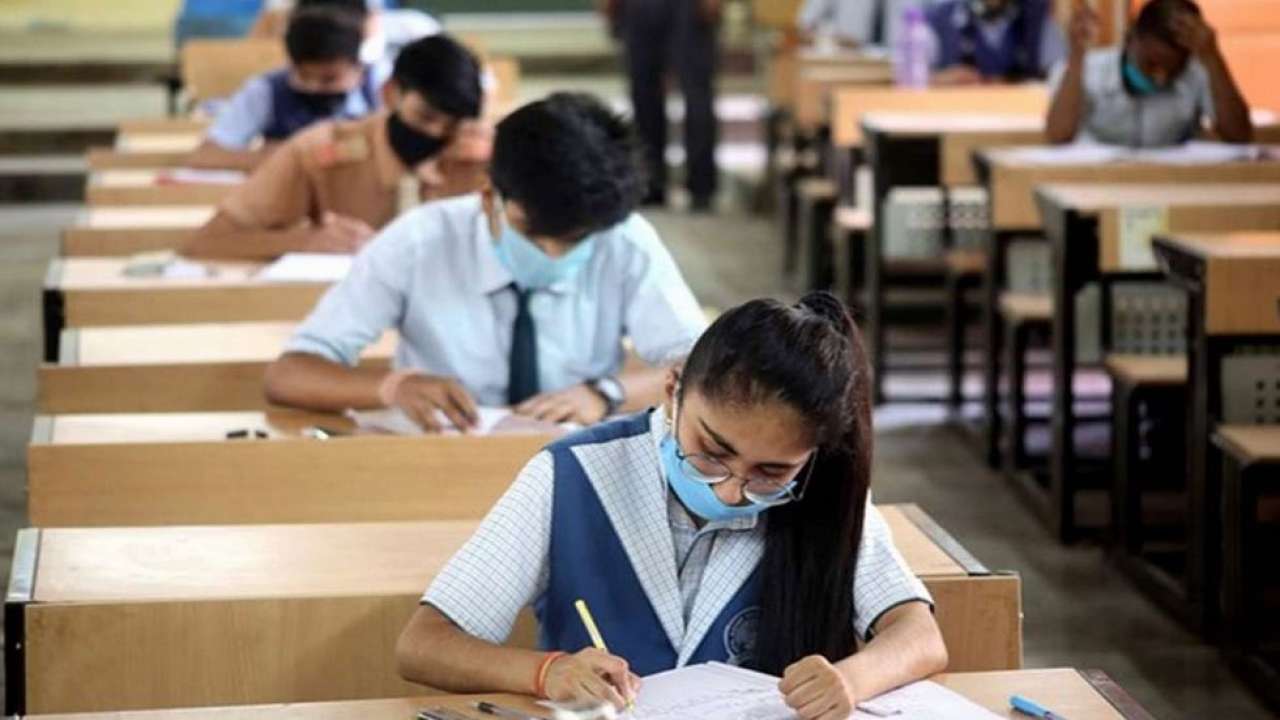
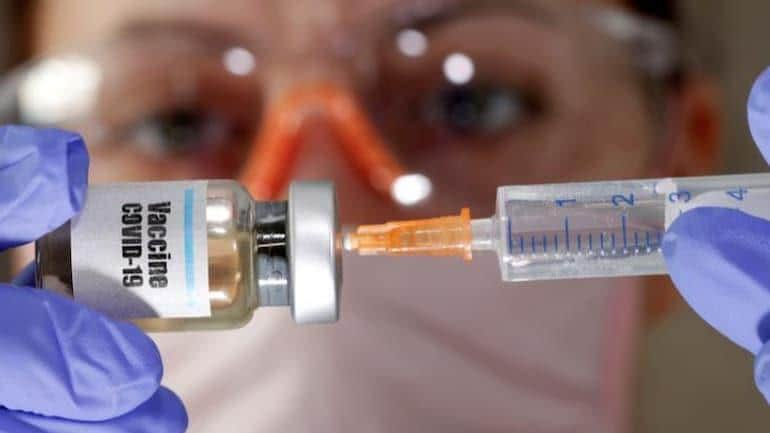
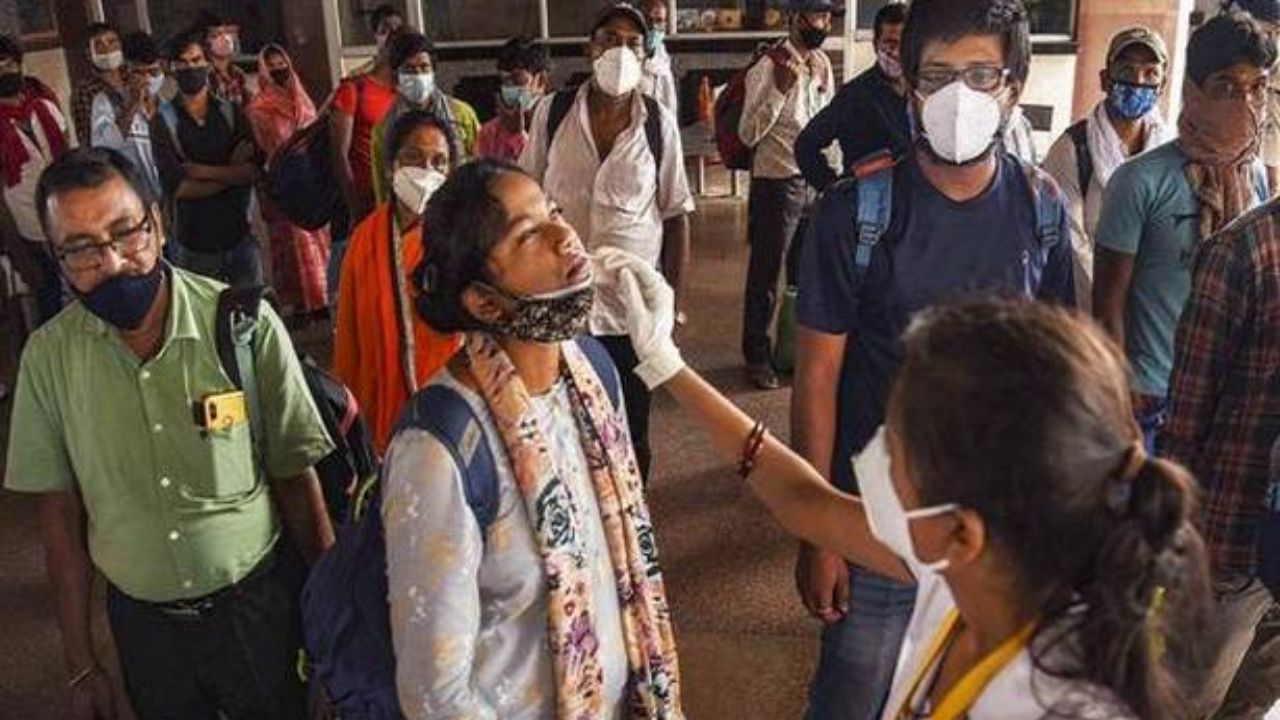
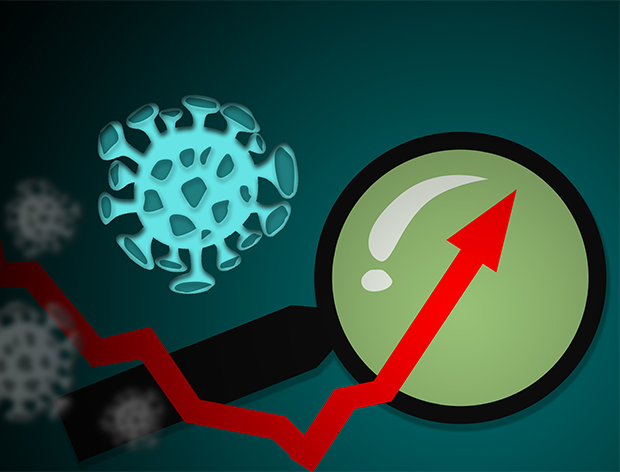





.jpeg)








.jpg)




.jpg)




